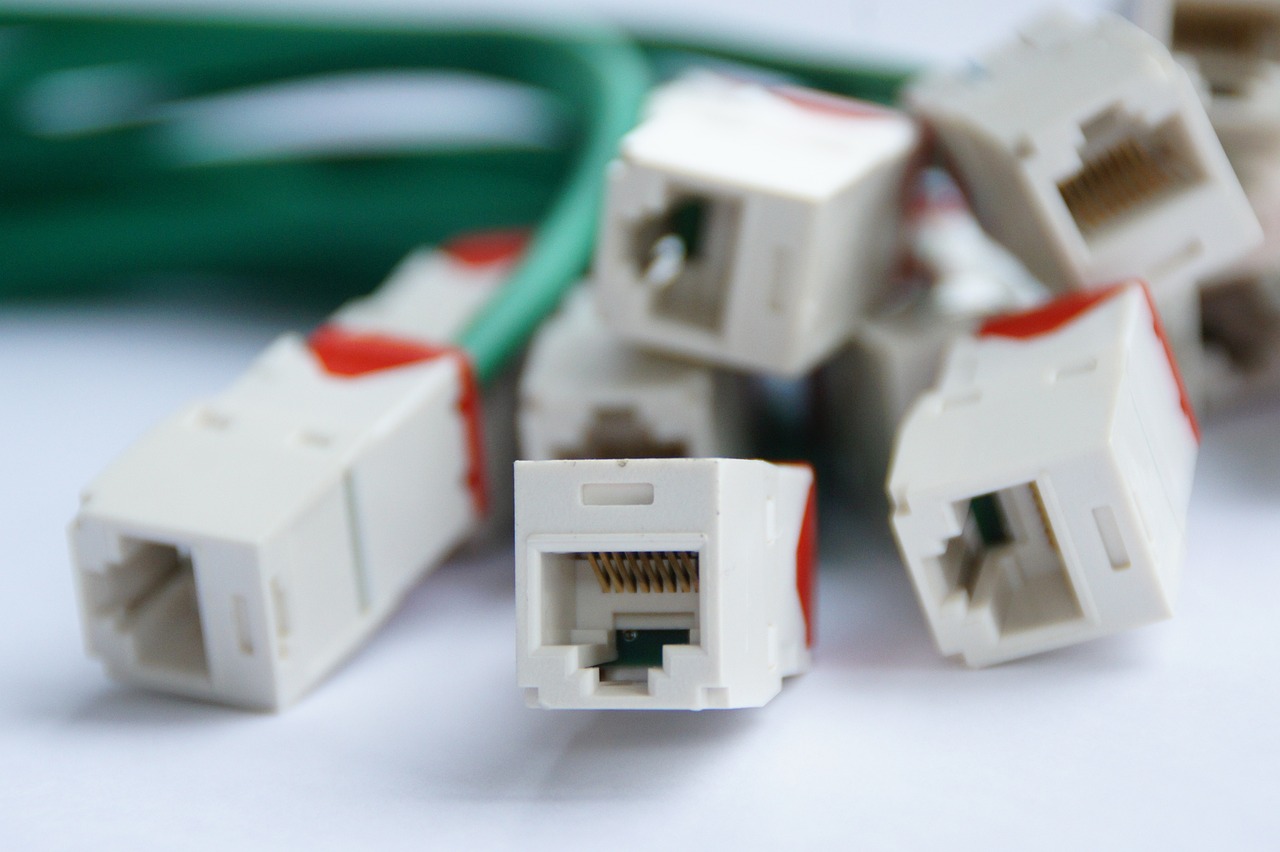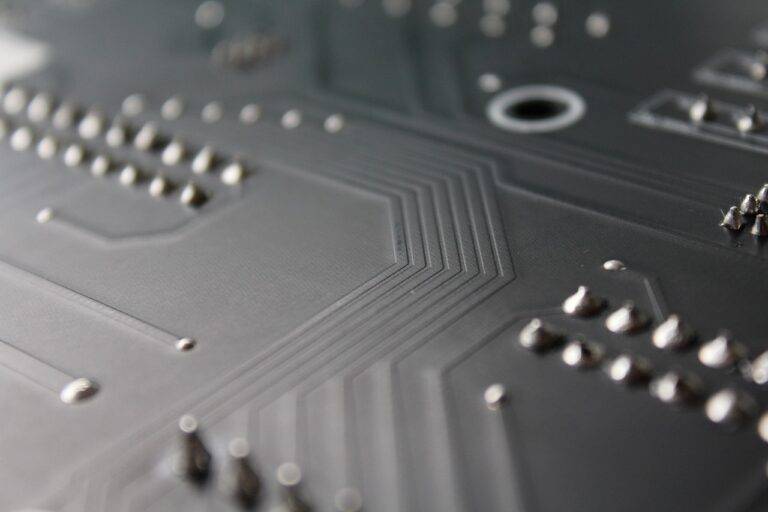Cybersecurity in Healthcare: Protecting Patient Data
Data breaches in healthcare pose significant threats to patient privacy and healthcare organizations. The sensitive nature of medical data makes it a prime target for cybercriminals seeking to exploit vulnerabilities for financial gain. The increasing digitization of patient records and the interconnectedness of healthcare systems further exacerbate the risk of data breaches, exposing personal information to unauthorized access.
The aftermath of a data breach in healthcare can be severe and far-reaching. Not only do breaches compromise patient confidentiality and trust in healthcare providers, but they can also result in financial losses, legal ramifications, and reputational damage. The complex regulatory landscape surrounding patient data protection adds another layer of challenge for healthcare organizations in mitigating the impact of breaches and ensuring compliance with data privacy laws.
Importance of Securing Patient Information
Healthcare organizations are entrusted with a wealth of sensitive patient information, including medical records, personal details, and financial data. Securing this information is crucial to maintaining patient trust and upholding the ethical standards of the healthcare industry. Breaches of patient information can have far-reaching consequences, not only for the individuals whose data is compromised but also for the reputation and credibility of the healthcare provider.
Failure to adequately secure patient information can result in significant financial losses for healthcare organizations, as well as legal repercussions and damage to their brand. The Health Insurance Portability and Accountability Act (HIPAA) mandates strict guidelines for the protection of patient data, and violations can lead to substantial fines. By implementing robust cybersecurity measures and staying vigilant against evolving cyber threats, healthcare providers can safeguard patient information and mitigate the risks of data breaches.
Common Cyber Threats in Healthcare
Healthcare organizations are increasingly becoming vulnerable to cyber threats due to the valuable patient information stored in their systems. One common threat is phishing attacks, where deceptive emails or messages trick healthcare staff into providing sensitive information or downloading malware, compromising the security of patient data. Such attacks can lead to data breaches and serious violations of patient privacy.
Ransomware is another prevalent cyber threat in the healthcare sector, where malicious software encrypts data and demands a ransom for decryption. This poses a significant risk to patient care as healthcare providers may lose access to critical patient information, causing disruptions in services. Preventative measures such as regular data backups and employee training are crucial in defending against ransomware attacks and safeguarding patient data.
What are the challenges of data breaches in healthcare?
Data breaches in healthcare can lead to the exposure of sensitive patient information, financial loss for healthcare organizations, damage to reputation, and potential legal consequences.
Why is securing patient information important in healthcare?
Securing patient information is crucial in healthcare to protect patient privacy, maintain trust between patients and healthcare providers, and comply with legal regulations such as HIPA
What are some common cyber threats in healthcare?
Some common cyber threats in healthcare include ransomware attacks, phishing scams, malware infections, insider threats, and denial-of-service attacks. Healthcare organizations must be vigilant in protecting against these threats to safeguard patient data.





